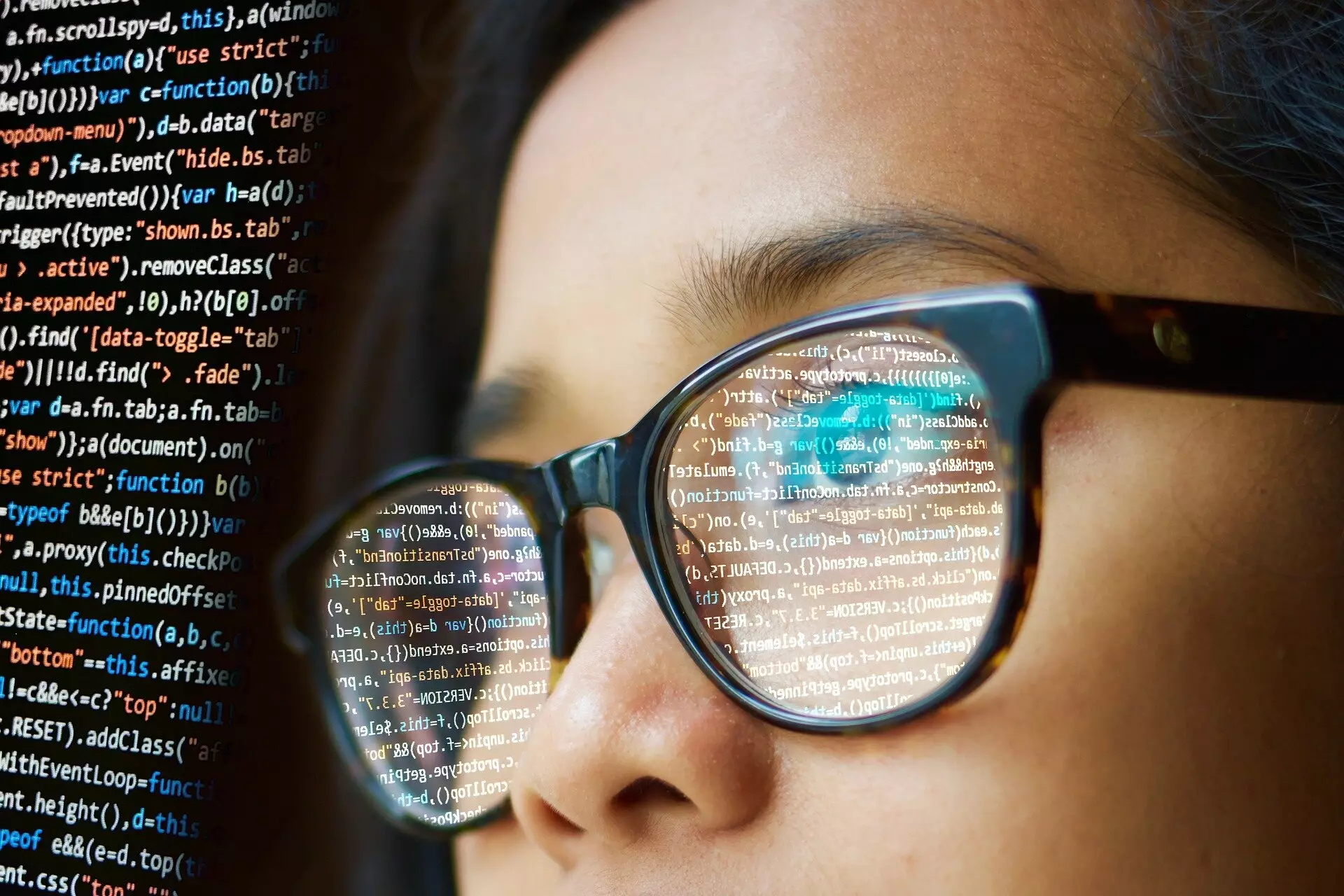In a recent cross-disciplinary study conducted by researchers at Washington University in St. Louis, a surprising psychological phenomenon was uncovered at the intersection of human behavior and artificial intelligence. The study revealed that participants actively adjusted their behavior when informed that they were training AI to play a bargaining game. This adjustment was driven by a desire to appear fair and just in their decision-making. The implications of this finding are significant for real-world AI developers, as it sheds light on how human behavior can influence the training and development of AI systems.
The Motivation Behind Behavior Change
Lead author of the study, Lauren Treiman, emphasized the motivation observed among participants to train AI for fairness. This motivation, while encouraging, raises concerns about potential biases in AI training. Treiman pointed out that developers need to be aware that individuals may intentionally alter their behavior when they know it will be used to train AI. The study, published in the Proceedings of the National Academy of Sciences, involved five experiments with approximately 200-300 participants each. The participants were tasked with playing the “Ultimatum Game,” a challenge that required them to negotiate small cash payouts with either human players or a computer.
Interestingly, the study found that participants who believed they were training AI exhibited a higher tendency to seek a fair share of the payout, even at the expense of receiving less money. This behavior change persisted even after participants were informed that their decisions were no longer being used to train AI. This suggests that the experience of shaping technology had a lasting impact on their decision-making process. Wouter Kool, one of the co-authors of the study, highlighted the relevance of habit formation in understanding this behavior. He noted that the persistence of the changed behavior, even when no longer required, was a noteworthy observation.
Chien-Ju Ho, another co-author of the study and an expert in computer science and engineering, underscored the importance of considering the human element in AI training. Ho emphasized that a significant portion of AI training is based on human decisions, which can introduce biases into the AI system. Failure to account for human biases during AI training can result in biased AI models, leading to various issues in deployment. Ho cited examples like facial recognition software, which may exhibit lower accuracy in identifying people of color due to biased and unrepresentative training data.
Considerations for Future AI Development
The study’s findings highlight the need for a more nuanced understanding of the psychological aspects of AI training and development. It is essential for developers to acknowledge and address the influence of human behavior on AI systems to mitigate biases and ethical concerns. By incorporating psychological insights into the design and implementation of AI models, developers can create more transparent, fair, and efficient AI systems that align with societal values and norms. As AI technology continues to advance, understanding the complex interplay between human behavior and machine learning algorithms will be crucial for the responsible and ethical deployment of AI in various domains.


Leave a Reply